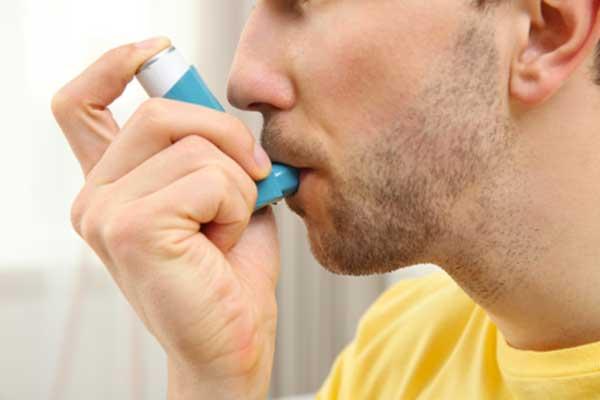With over 24 million asthma sufferers in America, the chances of you knowing someone with asthma, or having it yourself, are strong. A potentially serious condition, asthma can be life-threatening if it’s not treated effectively. The Asthma and Allergy Foundation of America estimates that around two million emergency room visits each year are caused by asthma attacks.
With correct treatment, however, asthma sufferers can live full and otherwise healthy lives. By understanding the condition and knowing what to do for someone having an attack, we can all help to keep it that way.
What is Asthma?
Asthma is a condition that causes the muscles that surround the airways to tighten and contract. This action is called bronchospasm. The linings of the airway passages also become inflamed and swollen, and produce more mucus than normal. Breathing is difficult, and it’s common to hear sufferers wheeze and cough during an attack as they try to get their breath. Some asthma sufferers find it difficult to go about normal daily activities without getting short of breath.
Recognizing an Asthma Attack
Seeing someone have an asthma attack can be alarming when it happens for the first time. Asthma sufferers may learn to recognize early warning signs that an attack is imminent such as feeling more tired than normal during exercise, feeling moody or easily upset, trouble sleeping or having cold or allergy symptoms such as a runny nose or a sore throat.
For someone witnessing an attack for the first time, the symptoms can be frightening and confusing. Anyone suffering an attack will experience wheezing, struggling to breathe or coughing, but there are other more serious symptoms to be aware of. These include:
- Tightness or pressure in the chest.
- Finding it hard to talk.
- Feeling anxious or panicky.
- Pale complexion or facial sweating.
- Blue tinge to the fingernails or lips.
When any of these serious symptoms are present, you need to call 911 for emergency care.
Many more sufferers experience mild attacks. Treatment usually involves taking a few puffs from a prescribed inhaler. This relaxes and opens up the airways, allowing the patient to breathe more freely. Within a few minutes, they are breathing more easily and the danger has passed. It can, however, take several hours before someone who suffered even a mild attack feels totally well again. It’s important to treat even mild attacks promptly otherwise they could develop into a more serious attack that can be life-threatening.
One condition to look out for is sometimes called ‘silent chest’, and this is when someone who was previously wheezing with an asthma attack, suddenly stops wheezing. This is often mistaken for a lessening of symptoms but a dangerous progression. The wheezing stops because the patient’s lungs have tightened so much that they can no longer breathe deeply enough to wheeze. They need immediate hospital or emergency room care.
How to Help Someone Having an Asthma Attack
- Don’t panic. People in the throes of an asthma attack often feel a sense of panic since they are finding it hard to breathe. Seeing you panic too will make them worse.
- Stay calm and reassure the patient that you will stay with them and help.
- Keep them sitting up.
- Breathing may become even harder if they lie down.
- If you know the person’s history, you may be aware of any nearby asthma triggers, such as smoke or traffic fumes. Try to move the person away from the vicinity of any known triggers.
- Because so many things can trigger asthma attacks, if the person is unknown to you, and can speak, ask them if anything close by might have provoked the attack.
- Ask the person if they have a rescue inhaler or use other anti-inflammatory agents during at attack. Most asthma sufferers have some kind of emergency plan to follow in the case of attack, but can still get caught out and need help if an attack comes on suddenly.
- If they can tell you what course of action they prefer, follow their plan as far as possible.
If they can’t tell you what their emergency plan is, their inhaler doesn’t work or they don’t have any medication with them, know the signs of a severe attack (listed above) and if any of them are present, call 911 for emergency assistance.
People suffering from an asthma attack don’t normally recover without some intervention. It’s important to recognize when to call for emergency help or go immediately to the emergency room if you are close enough and have transport.
See Also:









